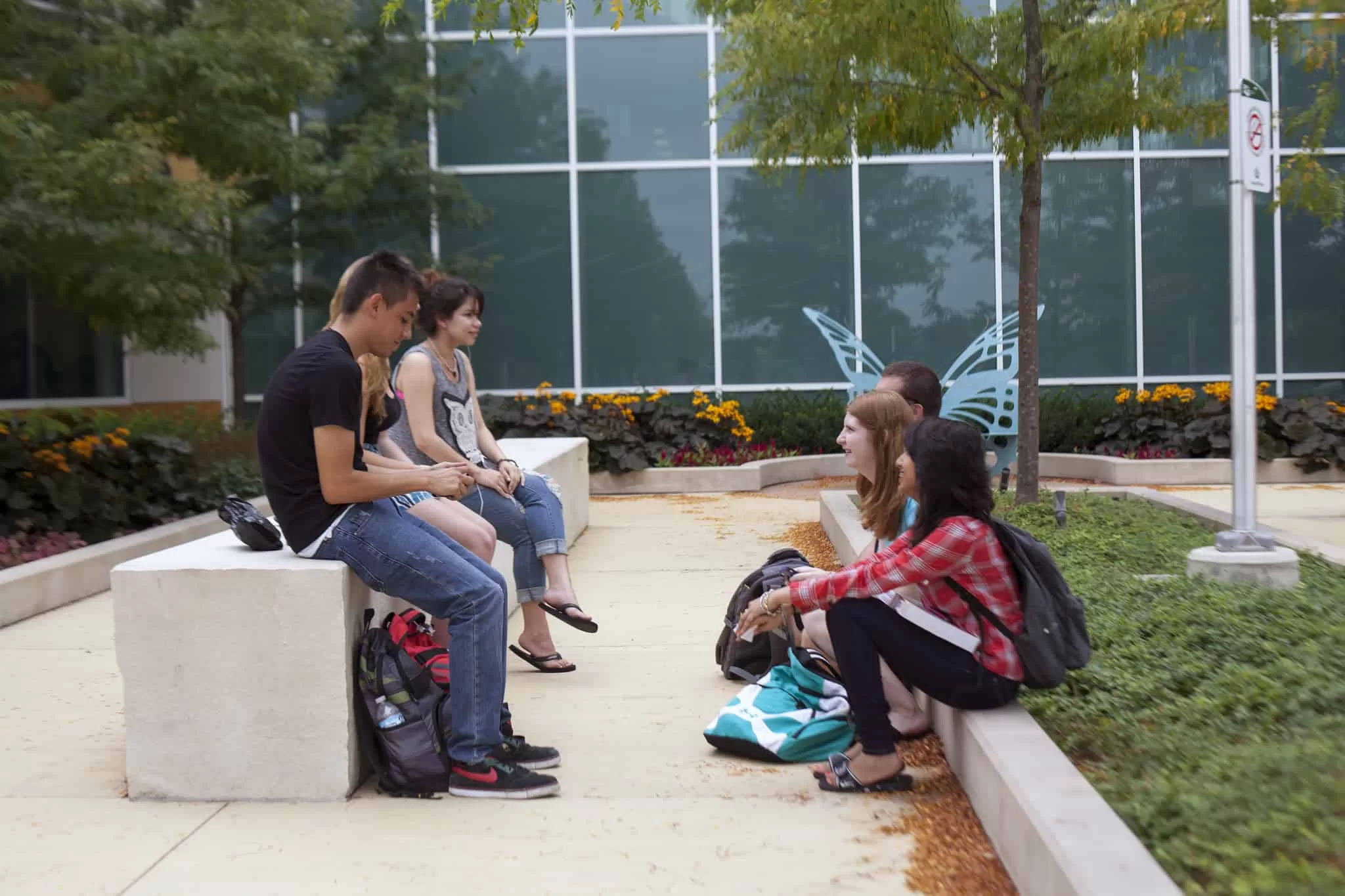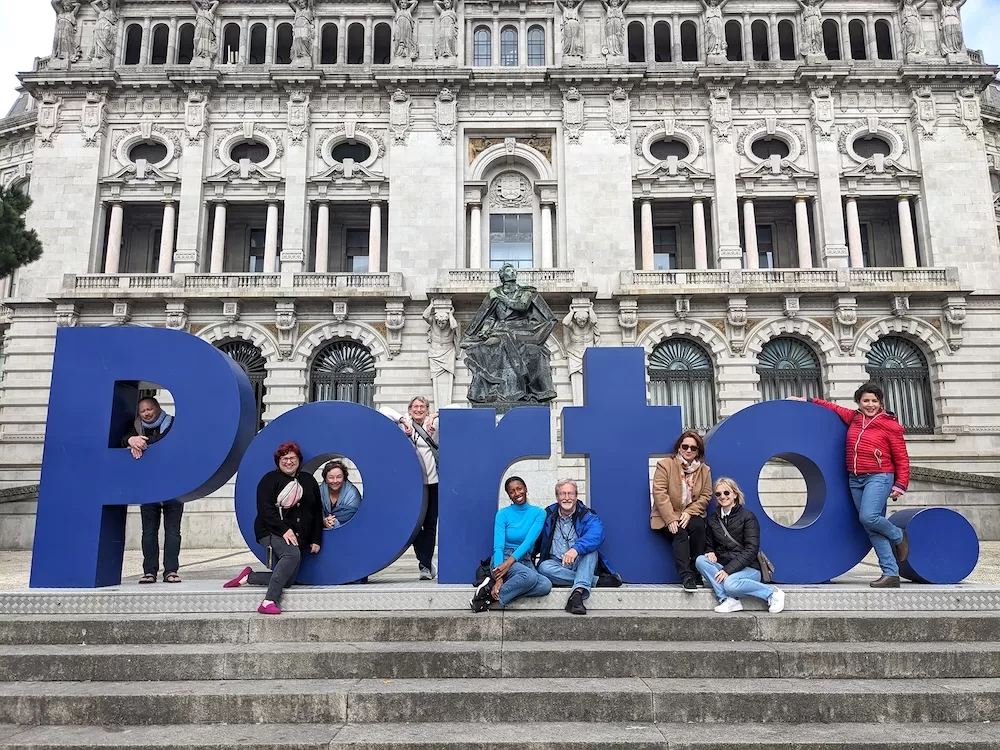Working in Canada for Students
Rules on working in Canada while studying in Canada have recently changed to make it easier for visiting students to work during their studies. Under the new rules, students enrolled in a full time program at a Designated Learning Institution may work without requiring a work permit for up to 20 hours per week during their study periods, and full time during school breaks including winter, spring and summer breaks.
This new provision apples to students studying in an academic, vocational or professional training program that last for at least six months and awards a degree, diploma or certificate upon completion of the program. English as a second language courses generally do not qualify under this program.
To be eligible, students must hold a valid study permit from a Designated Learning Institution. A list of qualified institutions may be found on the Citizenship and Immigration Canada website.
. It is important to note that the student must maintain their status as a registered full time student at the institution named on their study permit in order to maintain benefit from this change.
Study permits issued after 1 June 2014 explain the conditions that apply to each student. You can show this to potential employers so that they know they can legally employ you. If you received a study permit before 1 June 2014, and do not have work permit, you may request a letter from the Department of Immigration. The process can be found here on the Citizenship and Immigration Canada website.
In order to be employed, you must also apply for a Social Insurance Number (SIN) once you arrive in Canada. Applications are only accepted in person at a Service Canada office. There are Service Canada offices near all centres of population, so there will be one near the place you will be living. To apply you will need your identification documents, student permit, and documentation confirming that you are registered as a full time student. If all your documents are in order, then you will receive a SIN during your visit. There is no fee to obtain a SIN, and you do not need the services of any advisors.
Students planning to work as part of a co-op program must apply for a work permit after they have received study permit from an institution that offers recognized co-op programs. Co-op programs are popular in some professional fields in Canada as they allow students to gain relevant experience and earn money by alternating academic and work placement terms. The registrar’s office at the learning institution will be able to provide guidance on the work permit required.
In summary, it is now easier than ever to work while studying in Canada. Information on all these changes may be found here at the Citizenship and Immigration Canada website.










